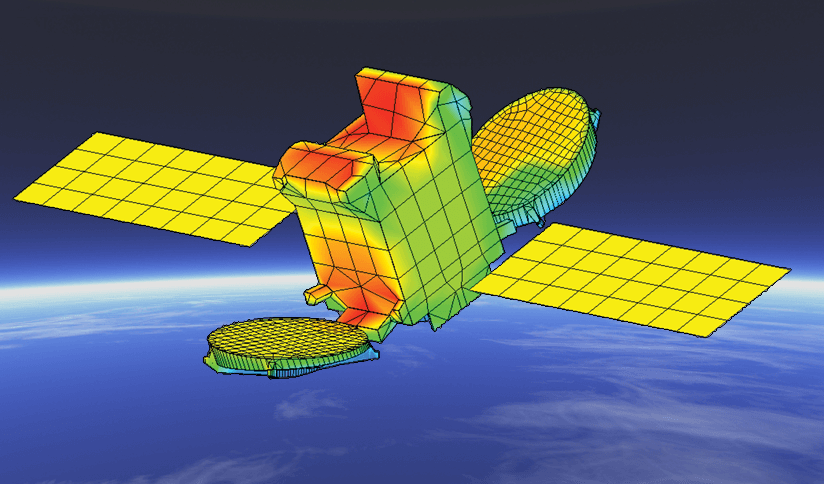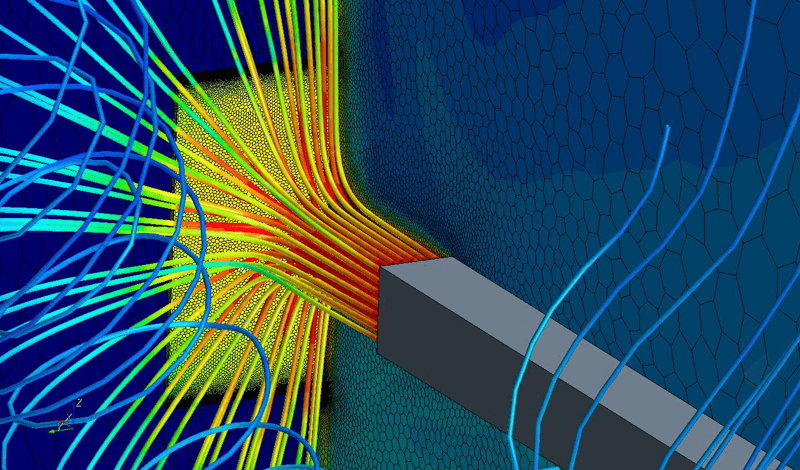Thermal & Aerothermal
Because of ATA’s technical heritage in structural engineering, we also have extensive experience in thermal analysis of aerospace and electronic systems and applying the resulting thermal loads to our structural analysis models. In addition, ATA can perform multidisciplinary thermal/structural calculations.


